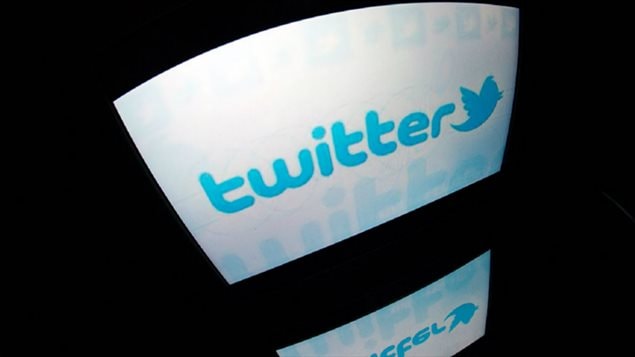While Twitter enables people to say racist things they would not say in person, it also enables people to criticize racism more than they might off line, says a researcher in the western city of Edmonton.
Irfan Chaudhry is a doctoral candidate at the University of Alberta and a criminology instructor at MacEwen University. He recently tracked the incidence of racist and offensive language on Twitter.
“Twitter was chosen because, as a platform, it really gives people the freedom to really express themselves in a number of ways,” says Chaudhry. “And the unique thing with Twitter, unlike other social media networks, Twitter does not filter out or censor any terms…You can see what people are tweeting about any given topic, at any given time.”
ListenEastern, western differences
Western cities like Edmonton, Calgary and Winnipeg have large aboriginal populations, and Chaudhry found a high proportion of racist tweets about them, whereas in Montreal and Toronto where many blacks live, there were more racist tweets targeting them.
About half the people tweeting racist remarks did so in real time, as the thoughts crossed their minds, said Chaudhry. This shows some blurring between people’s offline and online selves, he observes.
And while people may be nastier online than they would be in person, he says the victims have the online advantage of being able to block them.
Chaudhry says monitoring racist comments on Twitter is useful because it reveals underlying attitudes in a population that may not be willing to express them off line. He also believes his study suggests more should be done to build protection for people who may be the targets of racism online.







For reasons beyond our control, and for an undetermined period of time, our comment section is now closed. However, our social networks remain open to your contributions.